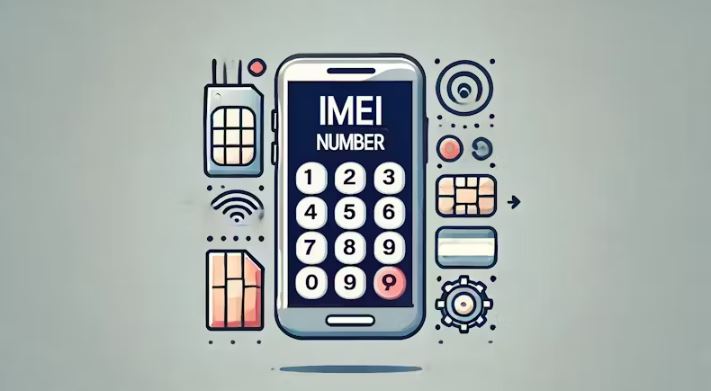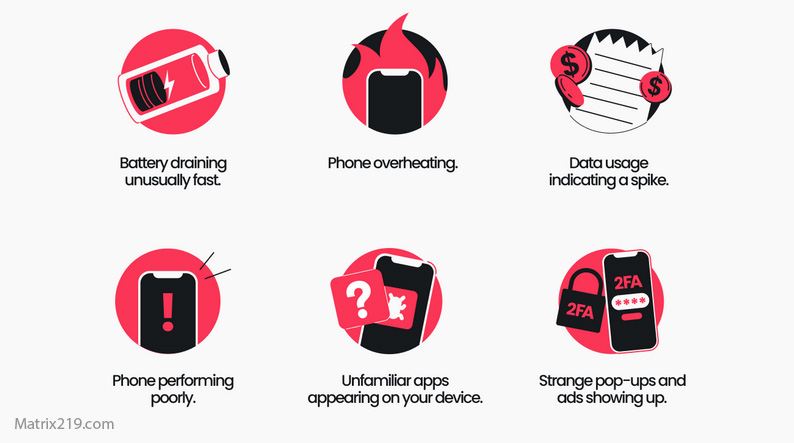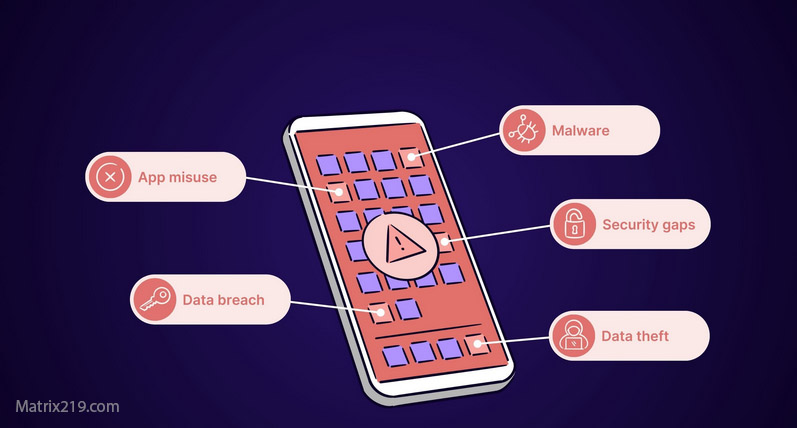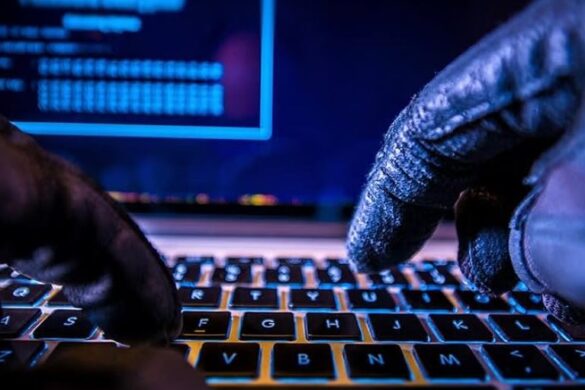IMEI (International Mobile Equipment Identity) is a unique 15-digit identifier assigned to every mobile device. It helps networks recognize valid devices and can be used to block stolen phones from accessing cellular services. The IMEI is essential for tracking lost or stolen phones and maintaining security across mobile networks.
Why Some People Consider Changing IMEI
Altering a phone’s IMEI number is sometimes attempted to:
-
Unlock a device locked to a specific carrier
-
Bypass regional restrictions
-
Avoid blacklisting due to lost or stolen devices
However, these actions raise serious legal and ethical concerns.
Legal Implications of Changing IMEI
Laws in Different Countries
Changing a phone’s IMEI is illegal in many countries, including the United States, the United Kingdom, India, and most European nations. Penalties can range from fines to imprisonment, depending on local regulations. Authorities consider IMEI alteration a form of fraud or tampering with telecommunications equipment.
Risks and Consequences
-
Criminal Charges: Conviction for IMEI tampering can lead to fines or jail time.
-
Device Blacklisting: Networks may block the device permanently.
-
Warranty and Insurance Issues: Altering IMEI can void warranties and insurance coverage.
-
Cybersecurity Risks: Using third-party tools to change IMEI may expose devices to malware or hacking.
Exceptions and Legal Use Cases
Some legitimate cases exist where IMEI modification is allowed:
-
Authorized repair centers replacing damaged motherboards
-
Carrier-approved device modifications
-
Testing by developers or manufacturers
Even in these cases, proper authorization and documentation are required to stay compliant with the law.
How to Protect Your IMEI Legally
-
Do Not Attempt Unauthorized Changes: Avoid using third-party tools or tutorials to alter IMEI.
-
Report Lost or Stolen Phones: Inform your carrier to block the device legally.
-
Use Carrier Unlock Services: Unlock devices only through official channels.
-
Stay Updated on Regulations: Laws may vary by country, so always check local telecom rules.
Conclusion
Changing your phone’s IMEI number without authorization is illegal in most countries and carries serious legal, financial, and security risks. While there are rare legitimate cases for IMEI changes, unauthorized alteration should be strictly avoided. Protect your device and comply with local laws to ensure legal and secure mobile use.





